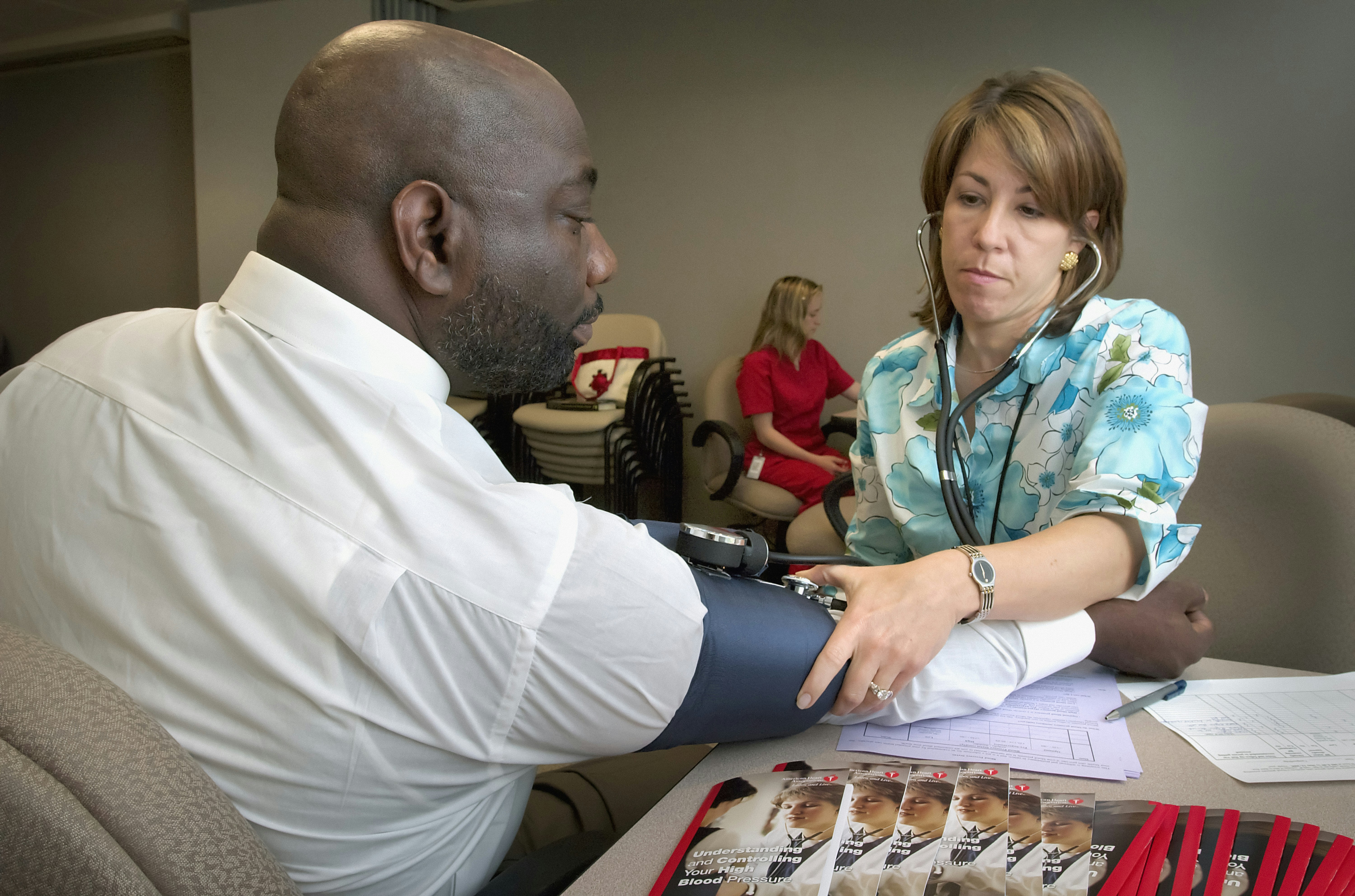Extending primary care at home for patients with chronic obstructive pulmonary disease

Research consistently shows that positive public health outcomes are associated with strong primary health care systems. Considering the COVID-19 pandemic, the need for high quality primary care has grown more important. Where possible, having patients with COVID and non-COVID disease recover at home with regular monitoring and follow-up from their primary care team can help reduce the burden on emergency departments and hospitals at a time where these critical resources are being stretched increasingly thin.
The research project, Extended Primary Care During COVID: Care Models and Pathways for COVID and Non-COVID Illness, has received funding through the Foundation for Advancing Family Medicine (FAFM) COVID-19 Pandemic Response and Impact Grant Program: Phase II (Co-RIG II). This project builds off of the Extended Primary Care at Home (Co-RIG I). The Co-RIG I project created a clinical pathway to help primary care physicians manage and monitor their patients with mild to moderate COVID at home, with the aim of keeping them out of hospitals and emergency departments. It was such a success that it was picked up and implemented at the provincial level under the name COVID@Home.
The Co-RIG II project resumes where Co-RIG I left off, focusing on patients experiencing acute exacerbations of chronic obstructive pulmonary disease (AECOPD). A clinical care pathway was built by an expert panel of specialist and primary care physicians to help primary care clinicians monitor their AECOPD patients at home. The pathway also provides numerous resources on chronic obstructive pulmonary disease (COPD) for both patients and clinicians to easily access on the Hamilton Family Medicine (HFAM) website. Notably, the comprehensive patient resource guide is now available online.
Up next, the research team is planning to create an electronic medical record (EMR) template for the management of AECOPD patients. They will be collaborating with local family health teams to have clinicians pilot the clinical pathway with their patients experiencing AECOPD. The research team will also be working with patient advocacy groups to have them share their opinions on the work produced to date. Overall, the Co-RIG II project aims to improve the patient experience and outcomes of those with AECOPD, while lessening the burden on the hospital system.
Research Project Update


